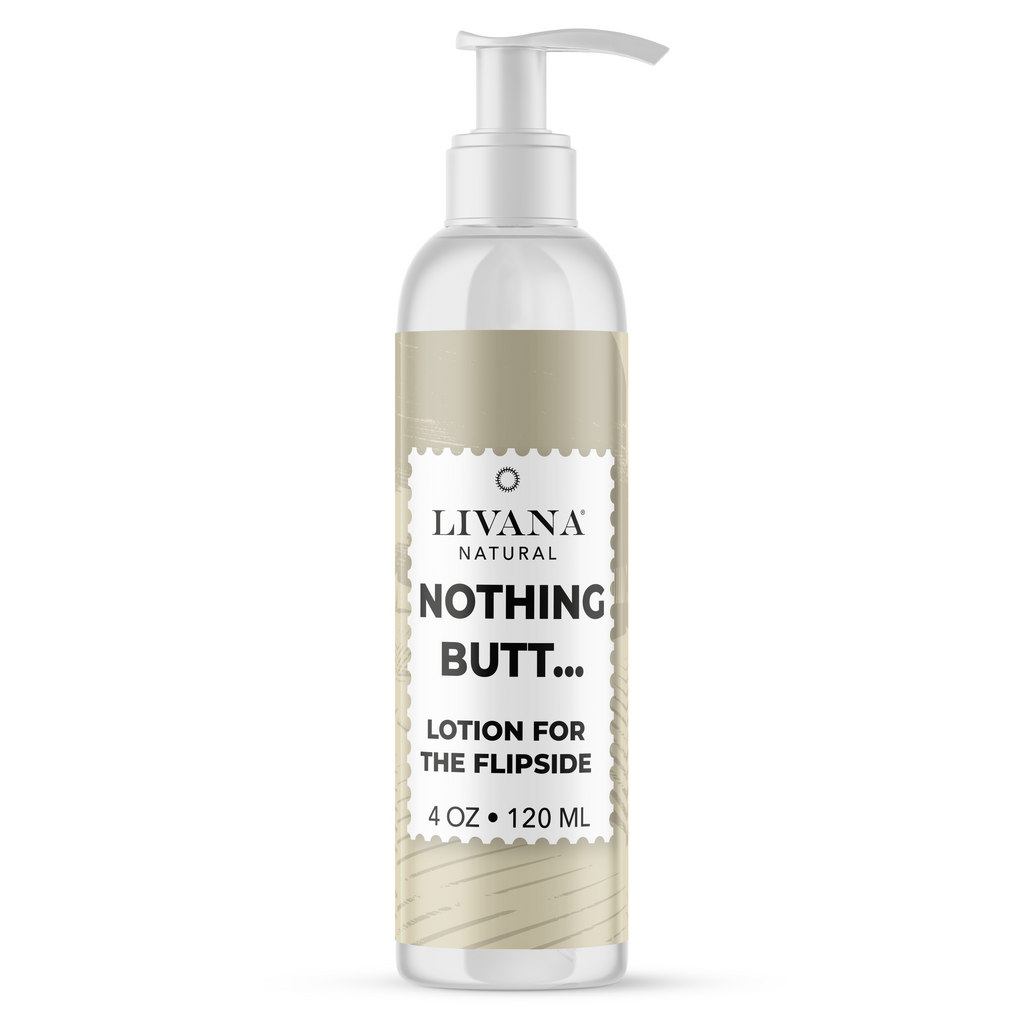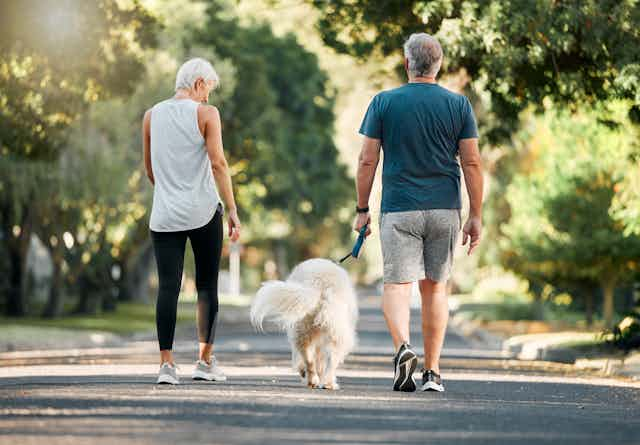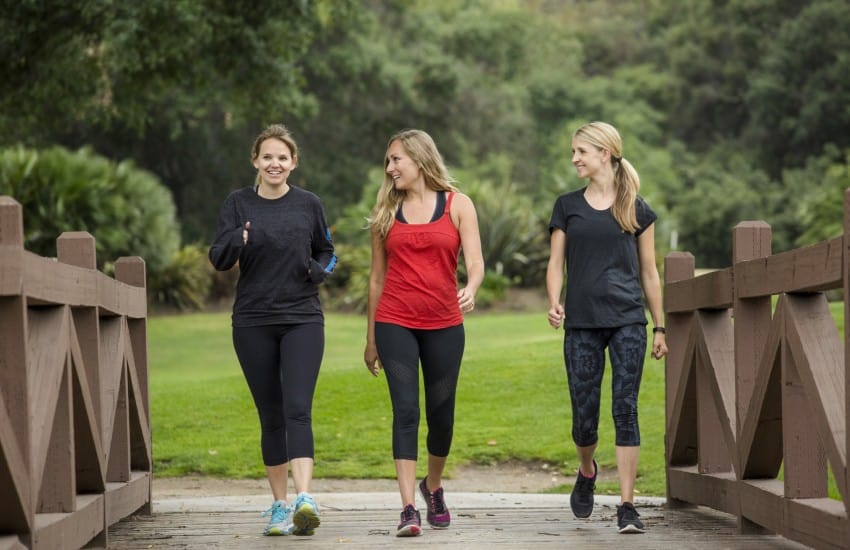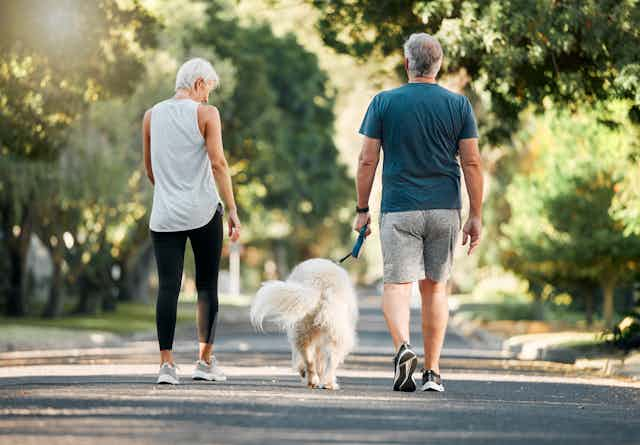What Causes Sudden Butt Acne and How to Address It
Have you suddenly found yourself wondering, 'what's causing this butt acne?' It's completely normal to feel confused and frustrated, especially if youve enjoyed clear skin for a while, only to discover unexpected bumps and blemishes on your buttocks. As a beauty professional, its vital to comprehend the causes and effective solutions for this issue so you can support your clients effectively. This article provides an in-depth look at butt acne, discussing its potential causes, prevention strategies, and suitable treatments.
Butt acne, also known as folliculitis or acne mechanica, typically appears as inflamed, red bumps, potentially filled with pus. It can be uncomfortable and, if not treated properly, may result in scarring. Lets uncover why this butt acne has suddenly appeared by looking into its possible origins.

Identifying the Causes of Butt Acne
1. Inadequate Hygiene
A major factor behind unexpected butt acne is often inadequate hygiene. The buttocks area can be easily neglected while bathing, leading to the accumulation of sweat, oil, and dead skin cells. This accumulation clogs hair follicles, triggering breakouts. Its essential to thoroughly clean the area, particularly after exercising or sitting for extended periods.
2. Sweat Accumulation and Friction
Excessive sweating and friction can also play a role in butt acne development. When sweat builds up in the pores, it provides a perfect space for bacteria to grow. Tight clothing and prolonged sitting can exacerbate friction, leading to irritation and further acne. Go for breathable materials and give your skin room to breathe!
3. Hormonal Changes
Hormonal shifts are notorious triggers for acne outbreaks, and this includes on the buttocks. Changes related to menstruation, pregnancy, or hormonal imbalances can ramp up oil production and contribute to pore blockages. Keep an eye out for any links between your hormonal changes and your breakouts.
4. Allergic Reactions
Occasionally, products like body wash, moisturizers, or fabric softeners can elicit allergic reactions or sensitivities, resulting in acne-like eruptions on the buttocks. Its smart to perform a patch test on new products before using them widely to avoid any negative reactions.
5. Dietary and Lifestyle Influences
Your eating habits significantly affect your skin's health. Diets high in sugar, dairy, and processed foods can lead to inflammation and subsequent acne. Transitioning to a balanced diet filled with fruits, vegetables, and whole grains can benefit your skins appearance.

How to Treat Butt Acne
1. Prioritize Hygiene
Good hygiene practices are essential. Consider showering daily, especially after sweating, and use an antibacterial body wash designed for acne treatment. This routine can greatly minimize the likelihood of butt acne returning.
2. Opt for the Right Attire
Select loose-fitting clothing to allow your skin to breathe. Breathable fabrics like cotton can help reduce sweat and friction. Always change out of damp athletic wear quickly to keep your skin clean and dry.
3. Use Topical Treatments
Countless over-the-counter products featuring salicylic acid or benzoyl peroxide are available to assist in treating acne. Apply these directly to the affected areas to see effective results.
4. Seek Dermatological Advice
If butt acne continues despite your best efforts, consulting with a dermatologist might be necessary. They can offer personalized solutions such as prescription medications or specialized treatments.

Preventing Butt Acne
1. Regular Exfoliation
Exfoliating your skin can help eliminate dead skin cells, thereby reducing the risk of clogged pores. Use a gentle exfoliating scrub once a week to maintain smooth skin.
2. Stay Hydrated
Its crucial to drink enough water to keep your skin hydrated and healthy. Aim to consume at least eight cups of water daily to encourage overall skin wellness.
3. Reassess Your Diet
As highlighted earlier, your food choices can greatly impact your skin. Aim to include foods rich in omega-3 fatty acids, antioxidants, and vitamins that support skin health. Proper nutrition can visibly enhance your skin's condition.
4. Avoid Picking or Popping
Although it might be tempting to pick at acne, this can cause more irritation, scarring, and potentially spread bacteria. Treat blemishes gently and allow them to heal naturally.

In Conclusion
Understanding why butt acne has suddenly become an issue is key to tackling it effectively. By practicing good hygiene, choosing suitable attire, making dietary adjustments, and seeking professional advice when needed, we can face this issue head-on. Remember, everyone's skin responds differently, so what works for one person might not suit another. Always motivate your clients to attune to their skins needs and seek guidance when necessary.
For additional details, feel free to explore this helpful article.
Frequently Asked Questions
1. Is butt acne contagious?
No, butt acne is not contagious. It arises from clogged pores due to sweat, oil, and bacteria, rather than any infectious source.
2. Do certain fabrics contribute to butt acne?
Yes, tight or synthetic fabrics can trap heat and moisture, heightening the chances of butt acne. Opt for loose-fitting, breathable clothing to mitigate this risk.
3. How long does butt acne stay?
The duration of butt acne can differ from person to person, depending on the individual and the treatments applied. With proper care, mild cases can resolve in a few days to weeks.
As an Amazon Associate, I earn from qualifying purchases.

